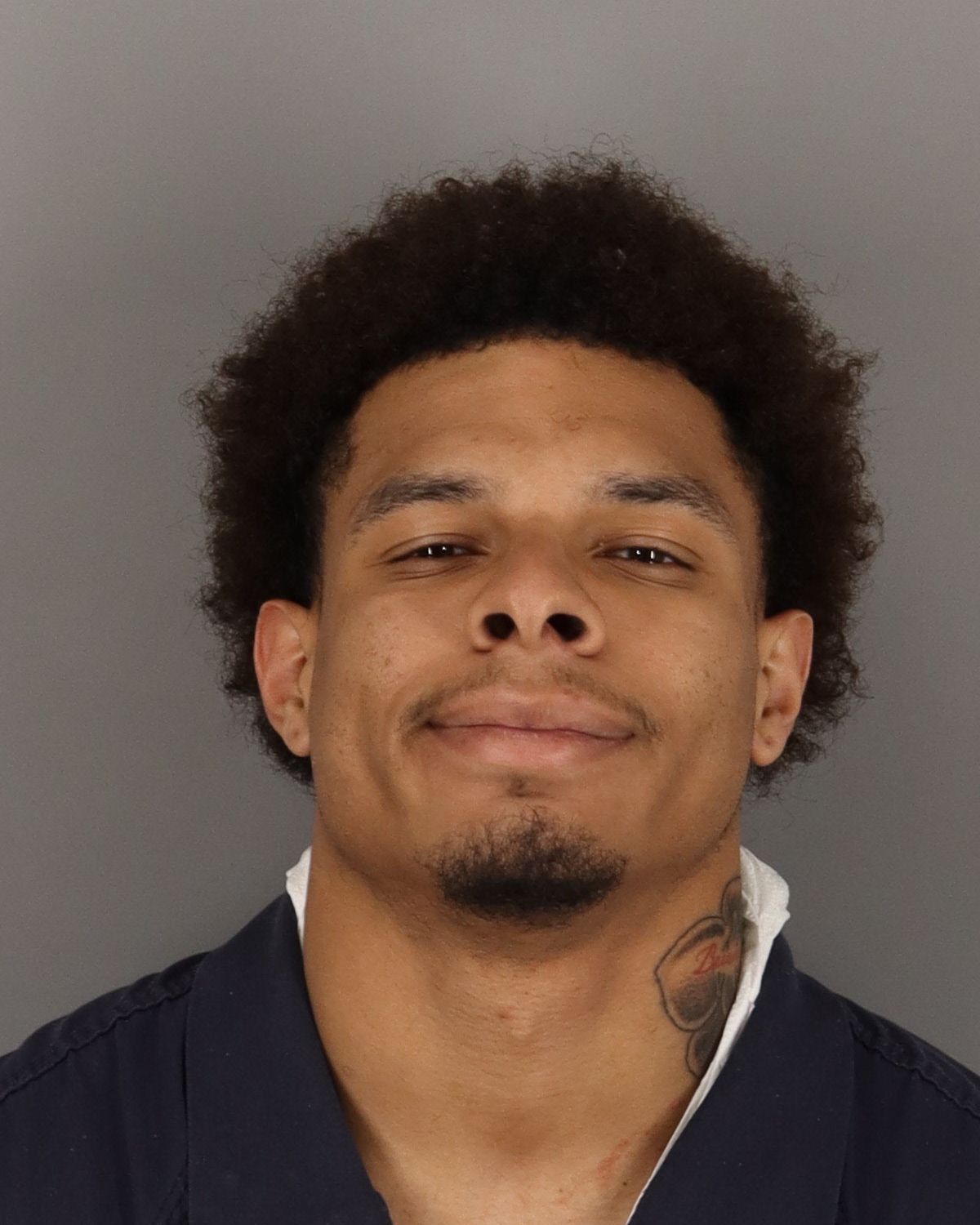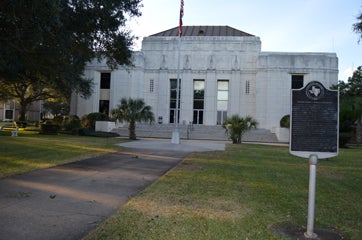Redemption: ‘Change Agent’ Damon West spreads Word
Published 8:05 am Monday, October 8, 2018
By Ken Stickney
Damon West has got a story and it’s as old as time.
It’s about sin and redemption, choices and punishments, hell and second chances.
It never gets old.
West, former Thomas Jefferson High and University of North Texas quarterback, walked out of state prison three years ago next month, and he’s been telling that story to anyone who’ll listen. A lot of people have. A lot of people will.
It was worth a listen at the Port Arthur Rotary Club two days ago, where he earned a standing ovation. That sort of external gratification might have been all he wanted at one point in his life, when all his passes were tight spirals and the cheers seemed to never stop.
But West is driven by new, internal motivations these days. They start with the daily road to recovery, which, for an addict, never ends. They boil up in his presentations to sports teams and civic groups and classrooms or wherever he talks about pernicious drugs and lost opportunities and, at the core of his trouble — at the core of everyone’s troubles — bad belief systems.
A lost soul
But let’s back up, as West does in his presentations. He can show you a lost soul who lived two lives, a driven, top-tier college quarterback whose elite athletic career ended at 20. Or he can show you the boy who, molested at 9, found a dark place to exist, where he stole beers and smoked cigarettes and, at 12, started smoking pot.
He can show you a boy who grew up in a loving, Christian home or he can introduce you to the youngster who adopted a bad belief system deep within him.
A bad belief system, he’ll tell you from experience, “usually wins out in the end.”
That’s what led him from a bright start after graduation — political jobs in Washington, a stockbroker job in Dallas — to a dark detour that started the first day he tried crystal meth.
It was crystal meth, he said, that drove his existence for years, got him fired from his white-collar job, sent him to a life on mean streets. Meth addicts, he told the Rotarians, don’t work; they steal. That’s what he did in posh Dallas neighborhoods, eventually participating with a gang in enough break-ins that their theft total crossed a million dollars.
On God’s shoulders
That’s what landed him in court, got him a 65-year prison sentence, yet grabbed him by the collar and made him reflect on his own, decaying life. His mother, devout in her faith, urged him to climb up on God’s shoulders, to let the Lord carry him. That took some adjustment.
In fact, he told the Rotarians, his early prayer efforts lacked the commitment to change his own life, let alone the lives of others. At one point, he said, he prayed that God would spare him the full brunt of the law; if God would spare him, he’d reason, he’d only use meth on weekends. He couldn’t fully shake that bad belief system.
In facing his sentence, though, he met a fellow prisoner, an older, black man — “Mr. Jackson,” West calls him, from deep respect and gratitude — who advised him to follow the advice West’s own mother had given him, to shun the prison gangs and repay the debts he’d incurred. It was tough love, but redemption must be earned.
“You don’t have to win all your fights,” Jackson told him. “You do have to fight them.”
Jackson told him a story, a parable about prison life or life itself, that West tells others today. It involves a carrot slice, an egg and a coffee bean, all facing hot water. If you’ve heard West speak, you know the story. The carrot, Jackson told him, grows soft in boiling water; the egg grows hard. Neither provides the route to a good life, in prison or out.
The coffee bean, though, smallest of the three, meets the boiling water head on, has the power to change things. It turns the water itself to coffee, changes the environment. That was the lesson West needed.
A better Damon
Hard time, he said, was rough, “crazy,” even. You go through fighting, he said, but he also went through fighting to find a better self. That meant better spiritually, mentally, physically.
It meant leaving addiction behind, no small feat for an addict whose first thought in prison, with his life in tatters, was, “How am I going to get high in here?” It meant controlling the things he could control: what he thought, what he said, what he felt, what he did.
He found that he could go his own way, choose his path, even inside prison walls.
“I never saw a guy with a book get in a fight,” he said of prison. “I never saw a fight over a book.”
Books, he decided, were safe. So he read, prayed, reflected.
Prayer was productive, he learned. His family, who visited him more than 150 times in prison, prayed for him, prayed with him.
He said he didn’t know if he’d ever get out of prison, but he knew he could try to lead an exemplary life in prison. That new life led him to gaining parole on his first attempt, not eight years after he entered prison. The parole board gave him a single shot: Make it or come back to prison for good. He never looked back. That was Nov. 16, three years ago.
Better choices
Since then, he’s found productive work with a prestigious Beaumont law firm. He’s returned to college, where he’s working on a master’s in law enforcement. He has written a book, “The Change Agent,” due for March publication. And, most notably, he’s launched a speaking career, taking important lessons to college sports teams — he has spoken at Alabama and Clemson, among many others — about addiction and making wise choices.
Alabama coach Nick Saban told him good players learn by mistakes, great players learn by the mistakes of others. West wants to inspire life’s great players by telling them about the path they should forsake, the one he took.
He’s not forgotten anyone who has helped him along the way: God, his parents, his employer, the public officials who’ve helped him get the opportunities to tell his story. He hasn’t forgotten Mr. Jackson, the man who gave him the lesson he takes to others in his speaking engagements.
He remembers those he has hurt, too — family, friends, burglary victims, taxpayers — and, as his mother advised, he’s paying back his debts. One day at a time.





